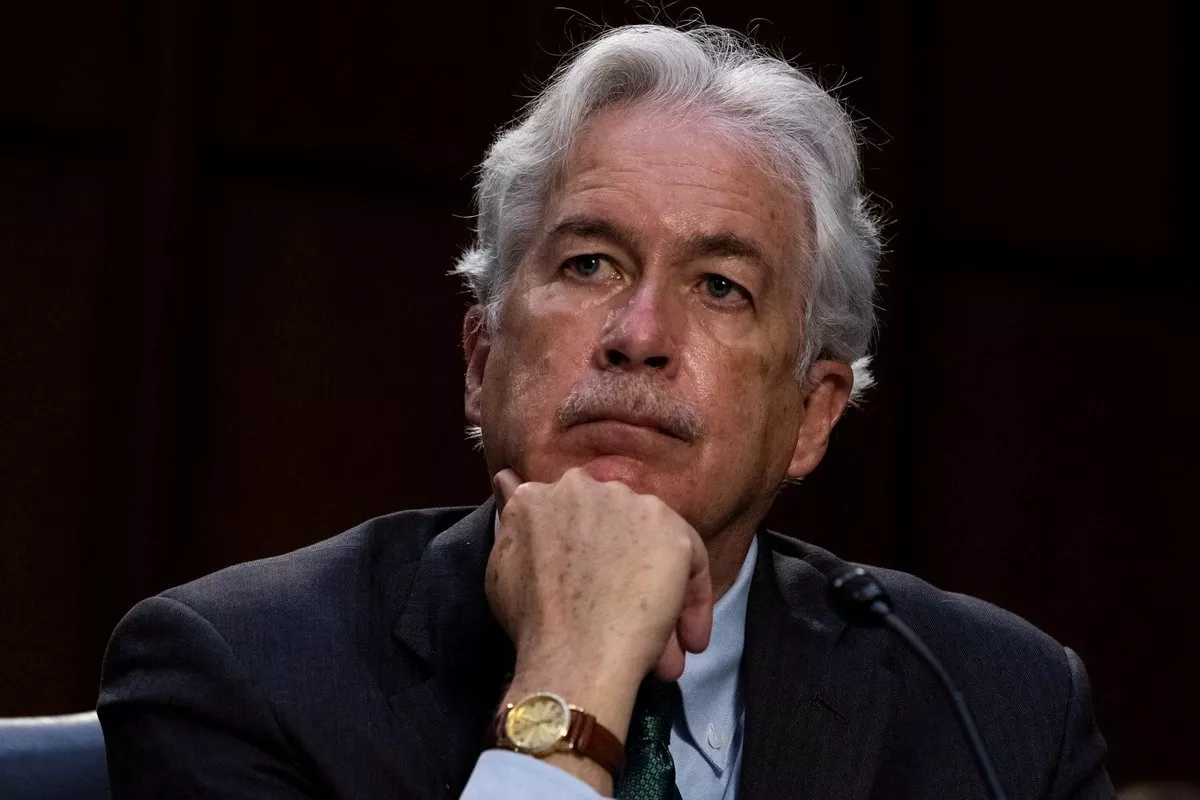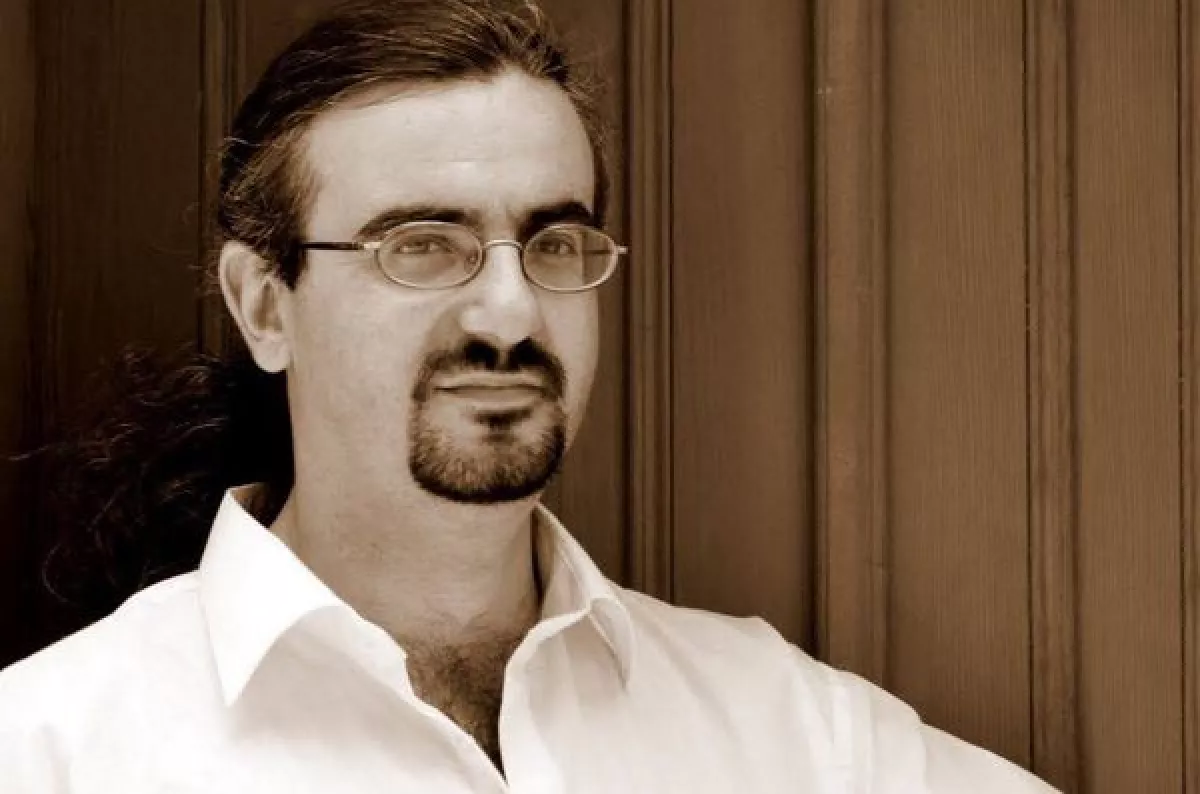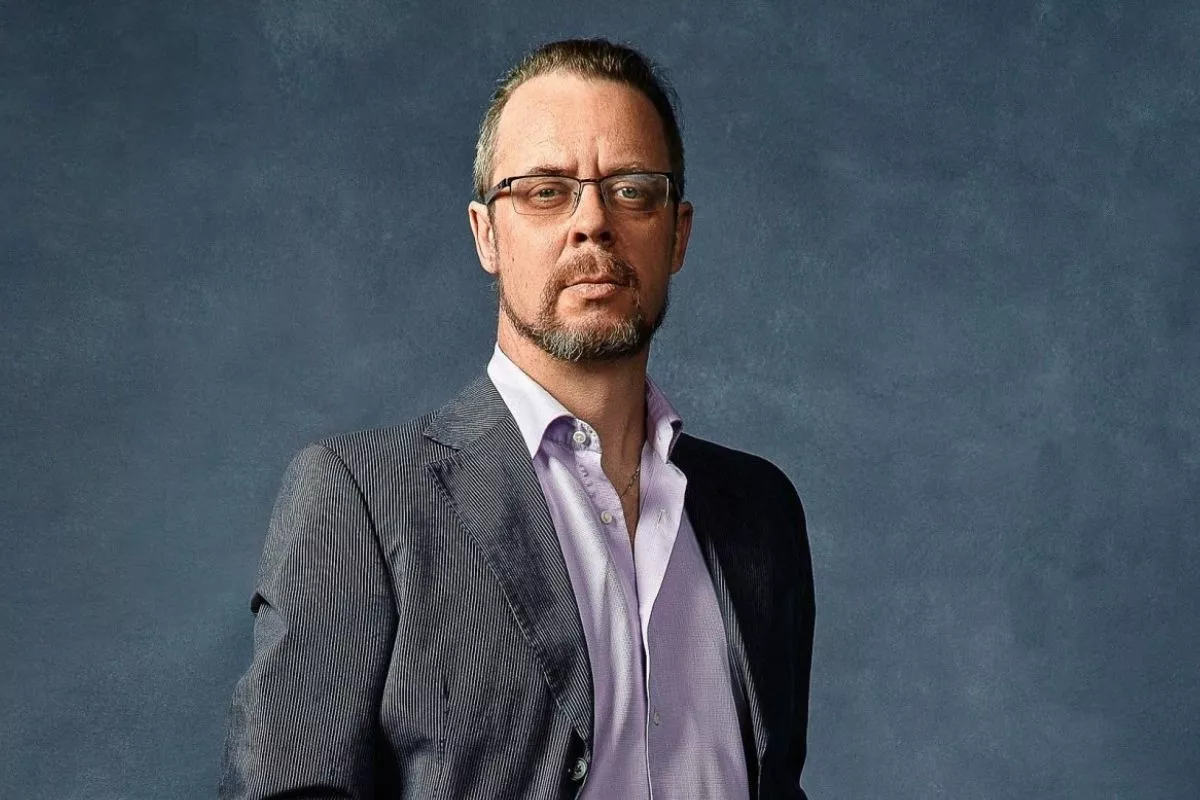Israel vs. Hamas: Is a ceasefire within reach? Expert insights
Ceasefire negotiations between Israel and Hamas in the Gaza Strip, held on August 25 in Cairo, concluded without an agreement, according to Reuters, citing sources within Egyptian intelligence. The mediators’ proposed compromises were reportedly rejected by both sides.
However, a senior US official offered a more optimistic perspective. He described the talks as "constructive," noting that both parties demonstrated a genuine willingness to reach a "final and realistic agreement." He also emphasized that efforts to resolve the remaining issues would continue in the coming days, with working groups staying in Cairo for further discussions.

This round of negotiations between Israel and Hamas, focused on achieving a ceasefire and securing the release of hostages, included the participation of CIA Director William Burns, Qatar's Prime Minister Mohammed bin Abdulrahman Al Thani, and senior officials from Israel and Egypt.
Amid reports that no agreement was reached, US Secretary of Defense Lloyd Austin ordered the continued deployment of two carrier strike groups in the region. He announced this decision during a phone call with Israel's Defense Minister Yoav Gallant.
"Austin reiterated Israel's right to defend itself, in his calls with Gallant and underscored the United States' ironclad resolve to support Israel's defense against threats from Iran and its regional partners and proxies. Over the weekend, Austin ordered both carrier strike groups to remain in the region," according to a statement from the Pentagon.
Is a ceasefire agreement between Israel and Hamas truly achievable? And if so, what would be the consequences? Wouldn’t it just give Hamas a chance to regroup? After all, there’s a real possibility that after a brief lull, the organization could resume its attacks on innocent Israeli civilians.
Renowned Israeli experts shared their perspectives on this issue with Caliber.Az.

Researcher and Iranologist Michael Borodkin believes that the chances of reaching a ceasefire deal at this moment are not very high.
"The leaders of Hamas in the Gaza Strip, particularly Yahya Sinwar, hold the position that by leveraging hostages, they can nullify all the achievements of the Israeli army, including the elimination and arrest of thousands of terrorists, the destruction of terrorist infrastructure, and the obliteration of weapon stockpiles. The Hamas leaders believe they can neutralize all of this by playing the hostage card. Essentially, Hamas is demanding a complete cessation of the war, the withdrawal of troops from the Gaza Strip, and a return to the situation as it was on October 6, 2023.
Israel is not prepared for this and is only offering a temporary ceasefire while maintaining full control over the Egyptian border, military presence in Gaza, and control over the movement of Gaza's population, among other measures. The gap between the two sides' positions is enormous. Hamas, in essence, is demanding Israel's capitulation, even though the situation on the battlefield is the opposite, and it is the terrorists who should be surrendering," the expert says.
He is confident that Israeli society will not accept a return to the situation on October 6, because they understand that it would only lead to an even more horrific and bloody October 7, not just in Gaza, but also in the north, in Judea and Samaria, and potentially across the entire country.
"The demonstrations by those advocating for a deal with Hamas don't reflect a significant change in public sentiment. These demonstrators represent a minority of Israelis. Moreover, even among the relatives of the hostages, many are demanding the release of their loved ones through force rather than by making concessions to terrorists.
This is why I believe the chances of an agreement are slim. Things could change if Yahya Sinwar and other hardline Hamas leaders meet the same fate as the group's military commander, Muhammad Deif. If that happens, the remaining leaders might be more inclined to negotiate, acknowledge their defeat, and begin discussions on realistic terms for a ceasefire," Borodkin says.

Analyst and journalist Mikhail Gurevich notes that whether a ceasefire agreement is possible or not is a matter of creativity.
"Honestly, it increasingly seems that the intermediaries, as well as Israel and Hamas, are using these endless rounds of negotiations to address their own specific issues rather than seeking a comprehensive solution to the conflict and an end to the war. The Americans, for instance, are influenced by their ongoing election campaign. Egypt is facing a complex situation, and President el-Sisi has to align his actions with the sentiments of the Egyptian public. Qatar has long been known as a shrewd player, particularly on the informational and financial fronts in the Middle East. Israel is dealing with its own internal political challenges. And, of course, Hamas, with the elimination of [Ismail] Haniyeh and the military pressure from the Israel Defense Forces, is also focused on solving its own problems.
If everyone could come together and truly concentrate on the possibility of a ceasefire, then something might be achieved. But in the current situation, to be honest, continuing the negotiations benefits everyone much more than actually reaching an agreement," the expert believes.
Regarding the potential consequences of signing an agreement, including granting Hamas a temporary respite, it's important to note that, according to Israeli military statements, most Hamas battalions have already been eliminated, especially the special units composed of experienced fighters who can effectively resist rather than just using RPGs or small arms, he pointed out.
"As army representatives have stated, they believe they can handle the situation overall. Additionally, it is crucial for Israeli society to secure the release of hostages, even through some form of respite—many Israelis consider this a top priority," he added.
Regarding the possibility that the group will resume attacks on Israeli civilians, there is no doubt about it. From Hamas's perspective (and previously Arafat’s), any agreement signed with Israel is not seen as a peace deal but rather as a temporary truce, followed by a renewal of hostilities. Without a more strategic approach to addressing the Gaza issue, essentially involving the de-Nazification of the population—such as changes in the education and upbringing systems—any agreement or deal is unfortunately just a temporary pause before the resumption of terrorist activities," Gurevich concludes.








